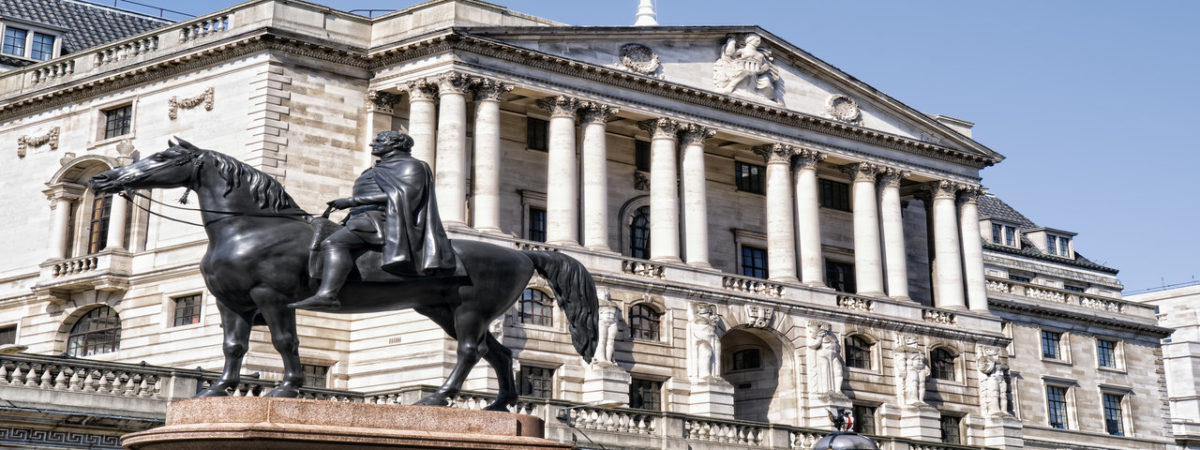All at Sea
SUGGESTED


Shadow Monetary Policy Committee votes to hold bank rate

The misguided war on offshore financial centres
- Corporate taxes are inefficient, with much greater deadweight costs than most other taxes. The optimal corporate tax rate is zero.
- Bad policies are often good politics. Most voters are easily deluded into thinking that corporate taxes impose no cost on them. Cutting corporate tax and increasing personal taxes is a vote loser.
- Politicians around the world have cut corporate tax rates, not because they have decided to put the welfare of the population ahead of electoral self-interest, but due to tax competition. The electoral cost of the economic effects of increased capital flight would be greater than the electoral gains from holding up corporate tax rates.
- Politicians outside tax havens are reluctant corporate tax-cutters and, thus, reluctant participants in tax competition. Ending such competition would suit them better than winning it. Hence their crackdown on the tax havens that provide the competition.
- Principles that UK and EU politicians would normally claim to support have been abandoned in the war on tax havens, including the sovereignty of third countries in tax policy, the right of law-abiding citizens to keep their financial affairs private and the rule of law.
- The war on tax havens is an inherently dirty business. Most tax havens are stable democracies, with the rule-of-law and tax regimes that are superior to the inefficient systems that have become the norm in Western countries. The UK and EU have no proper justification for interfering in their affairs.
Fullscreen Mode




